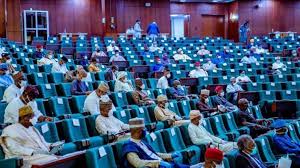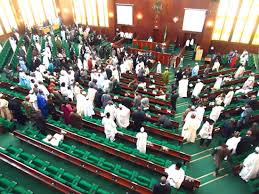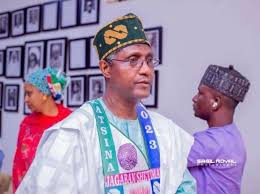The House of Representatives on Thursday, commenced legislative work on a bill for the establishment of a National Polytechnic Commission.
When passed into law, the National Polytechnics Commission Bill (HB 1935) will be saddled with the responsibilities of supervising, regulating and coordinating Polytechnics education in the country.
The bill, sponsored by Hon. Doctor Farah Dagogo, Member representing Degema/Bonny Federal Constituency from Rivers State, has already scaled First Reading on the floor of the House.

As part of the functions of the proposed Commission, Section 4(1b) empowers it to ‘prepare, after consultation with all the state governments, the Polytechnics, the National Manpower Board and such other bodies it considers appropriate, periodic master plans for the balanced and coordinated development of all Polytechnics in Nigeria’.
Furthermore, Section 4(1bi) listed its development plans to include, ‘general programme to be pursued by the Polytechnics, in order to ensure that they are fully adequate to meet national needs and objectives.
According to Section 5(2) of the bill, ‘the Executive Secretary shall be the Chief Executive Officer of the Commission and shall be responsible for the execution of the policy of the Commission and the day-to-day running of the affairs of the Commission.’
While Section 8(1) establishes a National Polytechnics Commission Fund, Section 8(3) was categorical that ‘ disbursement from the fund shall be made in accordance with rules made undersection 23 of the Finance (Control and Management) Act and,, without prejudice to the foregoing, rule (26) of the Public Funds of the Federation (Disbursement) Rules, shall continue in force and have effect, as if made under this subsection ‘.
Membership of the Commission, to be appointed by the President, shall consist of a Chairman and one representative each from the Federal Ministry of Education, Health and Finance and one representative from the Association of Polytechnic Rectors.
Six persons with wide knowledge and experience representing both private and public sector interests are to be part of the Commission on individual merit and nationwide basis.
Other members of the Commission are expected to have academic disciplines from Agriculture, Environmental Sciences, Humanities, Social and Management Sciences, Engineering Sciences and Technology as well as Earth, Mineral and Natural Resources.



